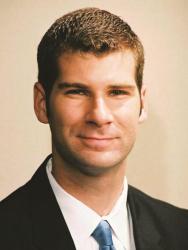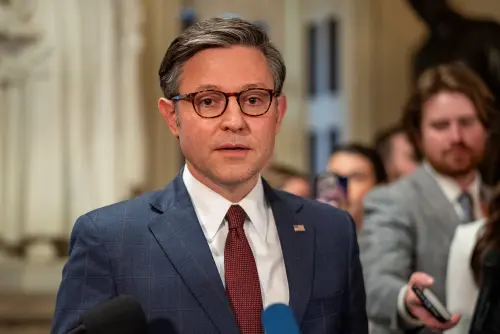Content from the Brookings Doha Center is now archived. In September 2021, after 14 years of impactful partnership, Brookings and the Brookings Doha Center announced that they were ending their affiliation. The Brookings Doha Center is now the Middle East Council on Global Affairs, a separate public policy institution based in Qatar.
The citizens of many predominately Muslim nations hold a dim view of the United States. Few American political and military institutions employ people well-versed in the language or culture of the Muslim world. This cultural stalemate must end if the two worlds are to successfully confront vital issues including terrorism, economic development, and political freedom. The next President should initiate an immediate strategic planning process that leads to a National Security Presidential Directive for improving our relationship with the Muslim world.
Recommendations
Five broad principles must guide our strategy to influence foreign publics and strengthen relationships between American citizens and institutions and their counterparts abroad:
- Dialog: Instead of just producing propaganda, the effort should be audience-centered and designed to build dialog. It should emphasize “listening” as much as “talking.”
- Outreach: Rather than “preaching to the choir,” the United States should engage a varied set of regional constituencies, including social conservatives who may be controversial but carry the greatest influence within the target populations
- Integration: Diverse U.S. agencies should develop a coordinated goal-oriented communications approach, in order to maximize effectiveness.
- Nimble response: Strategies and programs should be flexible and responsive to changing events, and findings, and should use new technologies and tactics.
- Investment: The investment should reflect the high strategic priority of the war of ideas to ensuring American security.
The strategy should then be institutionalized, backed by specific policy initiatives that include:
- creating an America’s Voice Corps
- establishing American Centers in predominantly Muslim countries
- privatizing Al Hurra television and Radio Sawa and launching “C-SPANs” for the Muslim world
- bolstering cultural exchange programs, while fixing problems with the visa process
- harnessing America’s diversity by engaging Arab- and Muslim Americans
- involving the whole federal bureaucracy in public diplomacy
- developing military exchange networks and incorporating public diplomacy into the Pentagon budget
Opportunity 08 aims to help 2008 presidential candidates and the public focus on critical issues facing the nation, presenting policy ideas on a wide array of domestic and foreign policy questions. The project is committed to providing both independent policy solutions and background material on issues of concern to voters.




